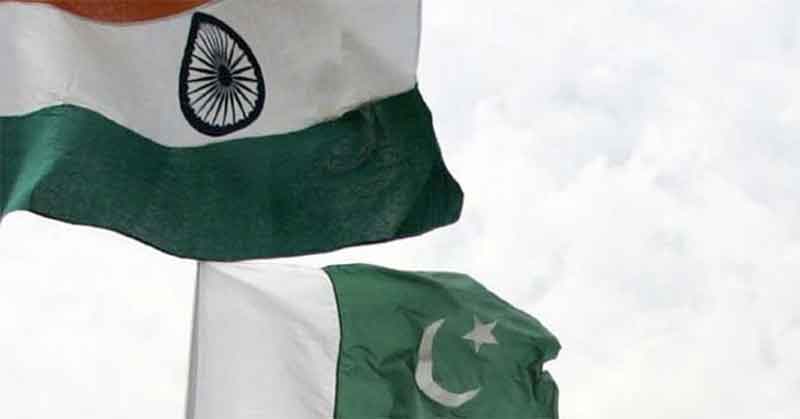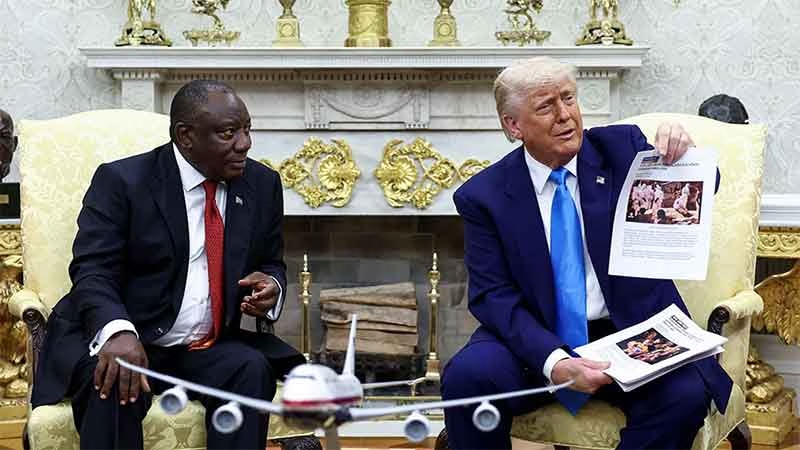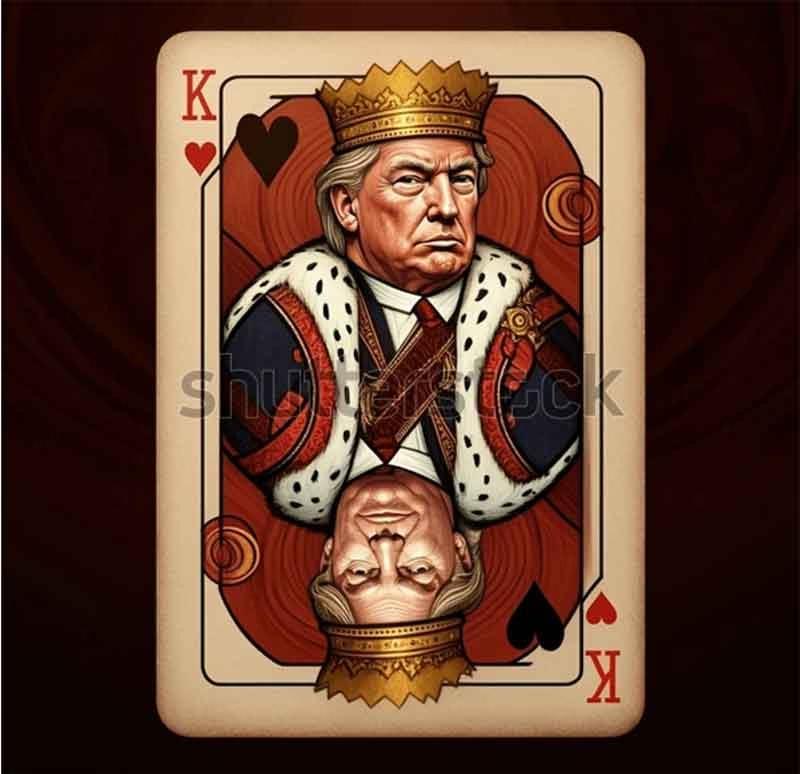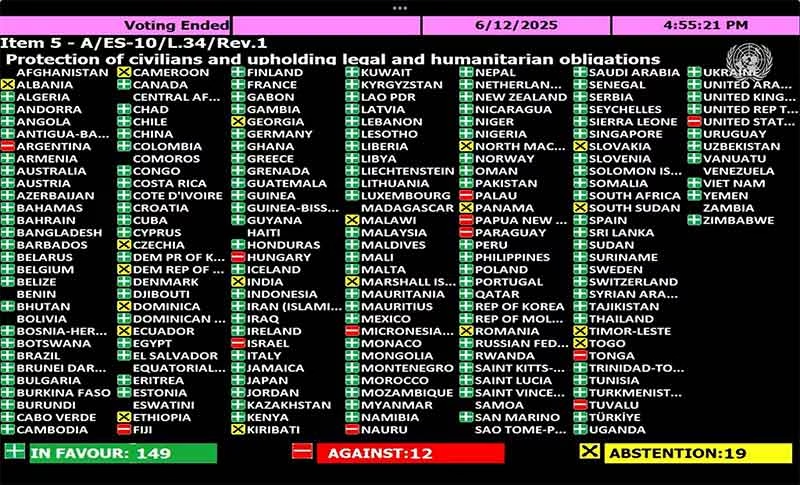
India needs constructive global engagement, not vanity tours and hollow lobbying
India’s foreign policy has in recent years taken on a tone of bombast rather than balance, of posturing rather than principle. Two figures who stand at the heart of this flawed approach—albeit in different ways—are Prime Minister Narendra Modi and Congress MP Shashi Tharoor. Their methods differ, but both seem to have lost sight of what true statesmanship demands: a genuine commitment to peace, strategic clarity, and a deep responsibility to the people of India.
Modi’s Endless Journeys: Vanity Over Vision
Since taking office, Prime Minister Modi has clocked more air miles than any Indian leader before him. His foreign travels—framed as vital diplomatic engagements—often appear more theatrical than strategic. They yield little in measurable returns, whether in trade, investment, or geopolitical advantage. In contrast, domestic challenges in housing, jobs, health, education, and infrastructure remain deeply unresolved.
The “Swachh Bharat” mission still limps along, Smart Cities remain largely on paper, and employment creation is woefully inadequate. Instead of attending to these core issues, the Prime Minister seems preoccupied with photo ops on foreign soil, in which style triumphs over substance.
Tharoor’s Diplomacy: Duplicity Dressed in Eloquence
On the other side of the aisle, Shashi Tharoor—a man with a distinguished diplomatic past—should be an advocate for conflict resolution and peace-building. But his recent efforts have been disappointing and dissonant. Tharoor has chosen to lead delegations abroad to “lobby” against Pakistan, in a tone that leans closer to war-mongering than diplomatic outreach.
This approach has proven not just ineffective but counterproductive. These lobbying campaigns have failed to shift international opinion or generate substantive outcomes. Worse still, they sideline the urgent need for dialogue, mutual understanding, and long-term regional peace.
Colonial Echoes in Postcolonial Performance
Both Modi’s globe-trotting and Tharoor’s failed lobbying represent two sides of the same coin: a political class obsessed with external validation. Their actions often echo the remnants of colonial thinking—where appearances matter more than people, and prestige overrides policy. True leadership requires listening at home, not lecturing abroad.
India’s foreign policy must be rooted in peace, development, and multilateralism—not in a desperate scramble for relevance or a hollow assertion of moral superiority. Neither Modi’s travel extravaganzas nor Tharoor’s diplomatic theatrics are helping India move closer to those ideals.
Conclusion: Time for a New Course
India needs a serious rethinking of its external engagements. Leaders must abandon their vanity projects and recalibrate toward pragmatic, ethical, and people-centred diplomacy. Peace-building, domestic development, and an unwavering commitment to justice must guide India’s global voice—not ego or empty exhibitionism.
Subscribe to Our Newsletter
Get the latest CounterCurrents updates delivered straight to your inbox.
Ranjan Solomon is a political commentator














































